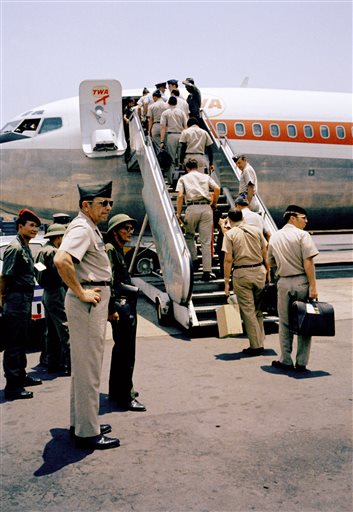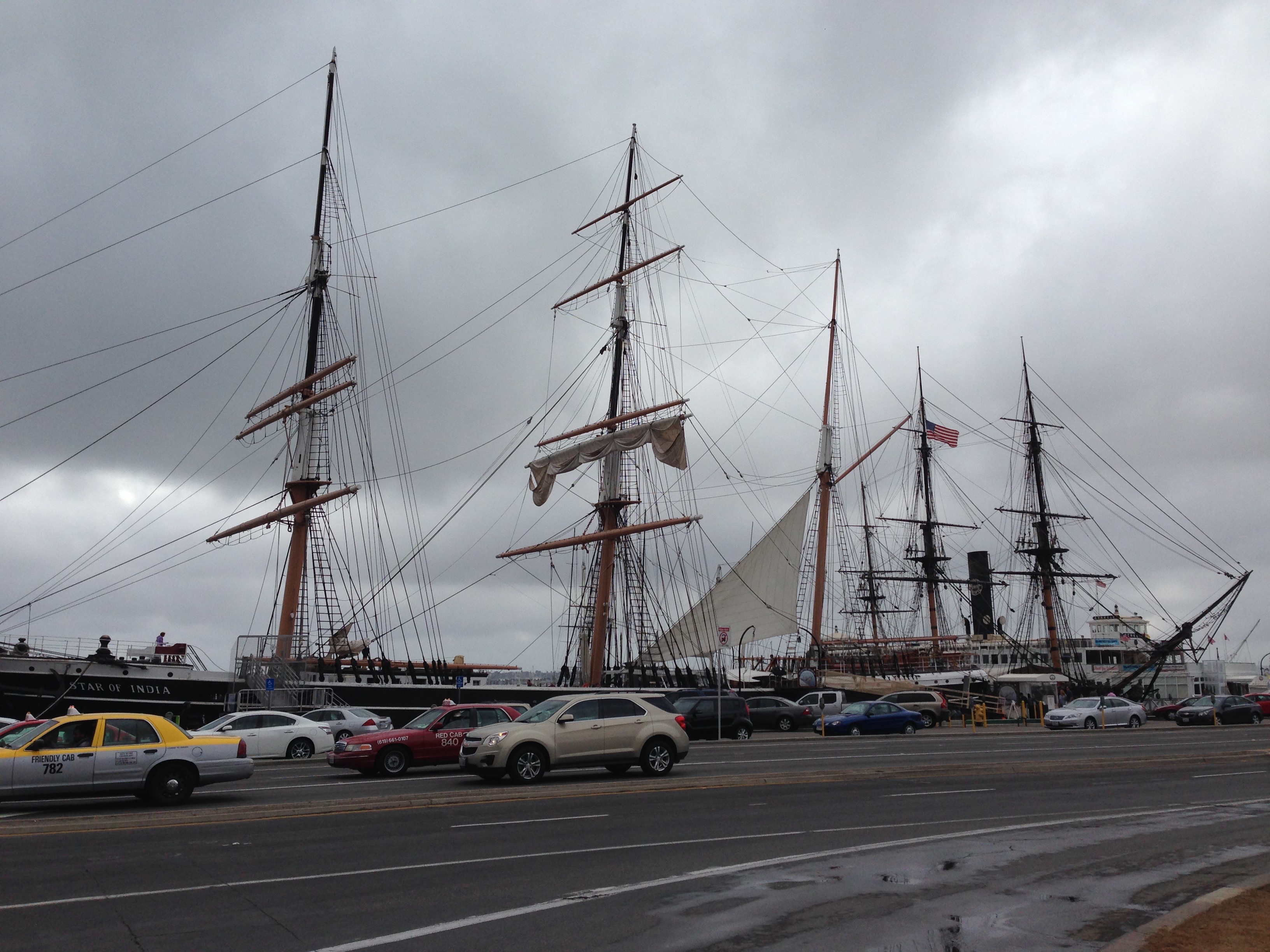VIET-NAM AND THE UNITED STATES
40 YEARS AFTER THE END OF THE WAR
Reflections by the last soldier back from “Nam”
By Tyrus W. Cobb
Forty years ago Monday the last American combat soldier left Viet Nam, following the dictates of the Paris Peace Accords signed earlier that year.
As the plane carrying the last of the our U.S. delegation overseeing the implementation of the Peace Agreement prepared to leave, North Vietnamese and Viet Cong representatives, part of the observer teams, were at Tan Son Nhut airfield outside Saigon to witness our departure.
Boarding the plane on April 1, 1973, I recalled a few days earlier a conversation one of my colleagues on the American delegation, Colonel Harry Summers, had with a North Vietnamese officer of the same rank.
“Colonel”, Summers caustically pointed out, “Not once did your North Vietnamese or Viet Cong troops ever defeat the U.S. on the battlefield.”
“That’s quite true”, the Colonel from Hanoi responded, “but it is also irrelevant”.
So it was. They stayed, we left, and the Saigon government struggled on for two years before collapsing on April 30, 1975, as the VC and North Vietnamese launched the final assault. The photos of the helicopters taking our personnel and Vietnamese friends off the roof of the Embassy are riveted in our minds.
When our C-141 transport aircraft landed in Alaska 40 years ago, I waited until everyone had raced off the plane, then jumped off and claimed that “I was the last soldier back from Viet Nam”. Probably the case.
For those of us who had served in “Nam”, the relief of the war being over was mixed with the feeling that if the enemy had not defeated us on the battlefield, we had certainly lost the political war and the struggle for the “hearts and minds” of the Vietnamese people.
As a veteran of that conflict I am often asked if I thought the U.S. was right in engaging in that imbroglio. I answer that while I personally thought our intervention was the right decision, it may not have been the correct decision. That is, I believe that our support for the Government of South Vietnam in combating the invasion by North Vietnamese troops (NVA), and Hanoi’s support of the Viet-Cong (VC), was morally justified. I concede that the practitioners of Realpolitik have a point in arguing that our national interests might have been better served by pursuing balance of power politics in the region, playing off emerging Sino-Soviet and Sino-Vietnamese animosities.
I spent two tours in “Nam”, the first advising South Vietnamese forces (ARVN), and the second as an intelligence staff officer and later as a member of the U.S. delegation overseeing the 1973 ceasefire. In that capacity I served as the U.S. liaison officer to the North Vietnamese and Viet Cong, was the first American to meet with the “enemy” after the ceasefire, and the first to go to Hanoi (to start the implementation of the Peace agreement).

Like any American officer, I was frustrated by the South Vietnamese Army and Government. They constantly demonstrated an inability to work in unison, and were often corrupt as well as inefficient. Still, in the South there was a thriving private economy, a government that responded to a great extent to the wishes of the people, leaders who encouraged religious expression, and citizens who engaged in intense political discourse.
South Vietnam was far from a Jeffersonian democracy, but in contrast to the repressive Communist system in the North, it was a fledging participatory civic culture. I was struck, in going to Hanoi the day after the ceasefire (January 26, 1973), how mordant life there seemed, so regimented, emotionless, and authoritarian. While we Americans worked well with the NVA and the VC in the peace implementation, and were impressed by the discipline and order their troops exhibited, it was nonetheless a discomfiting contrast with the ebullience of life in the South.
Following reunification in 1975, the Communist government in Hanoi confiscated all private land, forced citizens into collectivized agricultural communes, instituted draconian “reeducation” policies, persecuted minorities, invaded their neighbors (Cambodia, 1978), and outlawed political opposition. The Communists isolated Vietnam from the world community (except for help from the USSR), and plunged the economy down to an abysmally low level. While the protesters marching against American intervention in Vietnam “won” when the U.S. withdrew and Vietnam was reunited, they lost when the Communists imposed a brutal regime and prohibited all political opposition
The disintegration of the Soviet Union led to cutbacks in assistance, and forced Vietnam to reassess its failed Socialist experiment. In the late 1980’s Hanoi instituted Western-style economic reforms that dramatically improved Vietnam’s business climate. Vietnam became one of the fastest growing economies, averaging 6-7% growth rates, inflation (300% in 1987!) was tamed, and foreign investment grew. The shift to a more market-oriented economy significantly improved the quality of life.
There is a supreme irony in all this. While the U.S. “lost” the war, it later won the peace by adroitly playing off the Sino-Soviet-Vietnam rivalry. Maybe there is a lesson there—yes, playing “balance of power” politics may be distasteful and require a certain amount of dexterity. But perhaps it might be a better approach than trying to change countries with authoritarian regimes, corrupt leaders, and religious fanaticism by massive military intervention and “nation building”.
– Tyrus W. Cobb was the first American soldier to meet with the North Vietnamese and Viet Cong after the ceasefire was signed and the first to go to Hanoi to begin the release of our POWs and the implementation of the Peace Accords.

